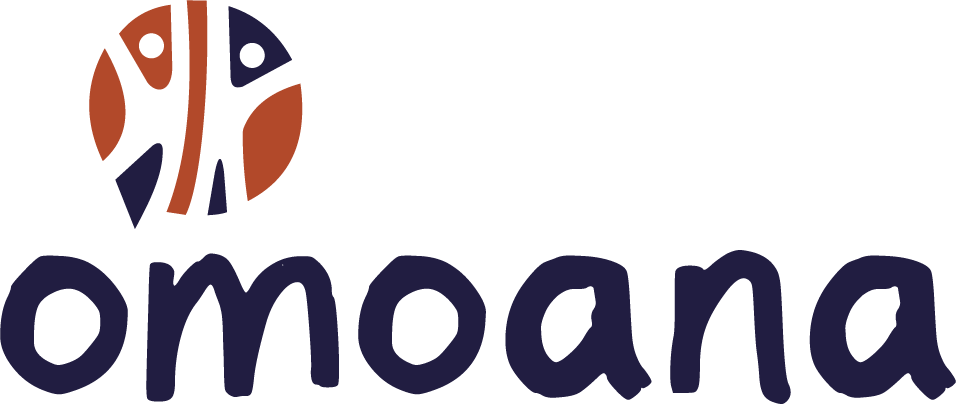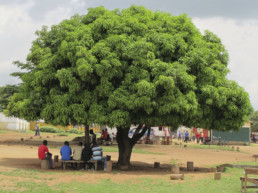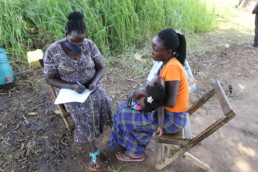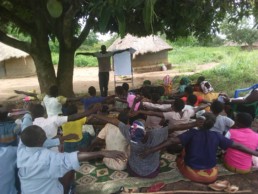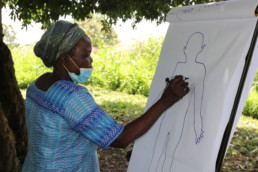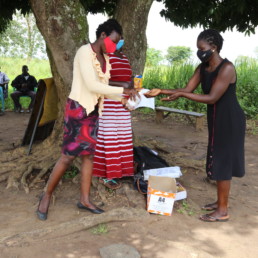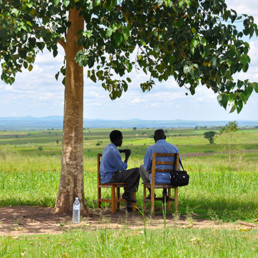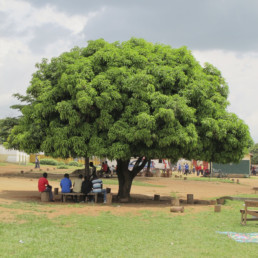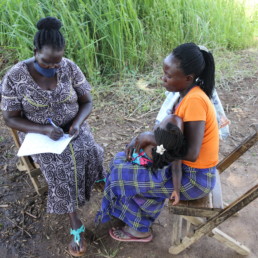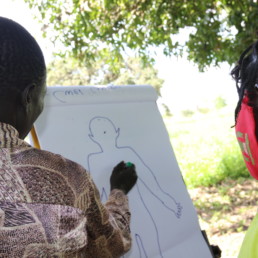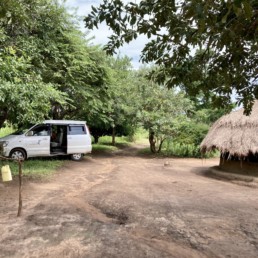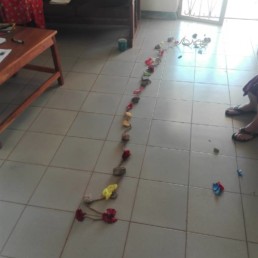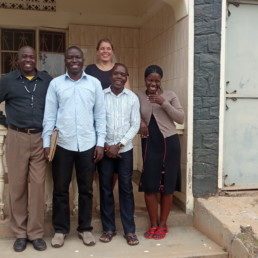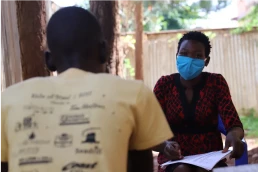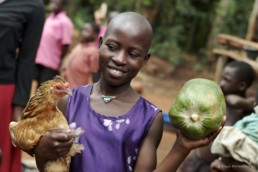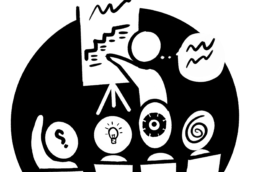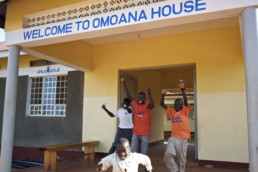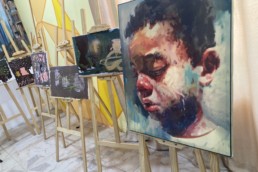Addressing trauma-related mental health disorders in northern Uganda
Total amount of the project
747 748 CHF
Duration
3 years
Number of beneficiaries
1'350 people
In northern Uganda, a conflict between the Lord’s Resistance Army (LRA) and the government army lasted from 1986 to 2006. 60,000 children were abducted, forced to fight or kill on the side of the rebels, and in some cases continuously raped. Up to 50% of former abductees, who have remained in captivity for at least a month, still suffer from post-traumatic stress disorder. There are still no public services to meet the treatment, support and reintegration needs of these populations. This has an impact on their families and entire communities, and greatly jeopardizes peacekeeping and development in the region.
The project set up by Vivo Uganda aims to strengthen the care and reintegration of people suffering from post-traumatic stress disorder (PTSD) in northern Uganda. This is achieved through the provision of therapy for war-affected community members, as well as training and advocacy for those involved in the mental health sector.
The project aims to provide mental health services to conflict-affected community members to deal with the after-effects of traumatic events, in particular through Narrative Exposure Therapy (NET). This treatment, which lasts an average of twelve sessions over six weeks, is extremely effective. Eight months on, Vivo has demonstrated that 80% of patients no longer suffer from PTSD. Needless to say, it is also very sensitive and difficult for therapists, due to the horror of life stories. This makes Vivo’s job of training qualified therapists to deal with these situations, and providing them with advice and support, both delicate and essential.
In order to anchor the management of post-traumatic stress disorder in society, the following activities are also being implemented:
- Raising community awareness of trauma, its consequences and stigmatization.
- Capacity-building within existing structures (NGOs, local public institutions, hospitals, health centers, etc.) through training, workshops, interdisciplinary expert meetings and networking.
- Advocacy of mental health issues with local authorities and educational institutions.
To discover the project in video : click here.
With the support of :
- Fondazione Adiuvare
- Fondation Smartpeace
- Fondation Alfred & Eugénie Baur
- Fédération Genevoise de Coopération
- Fribourg Solidaire
